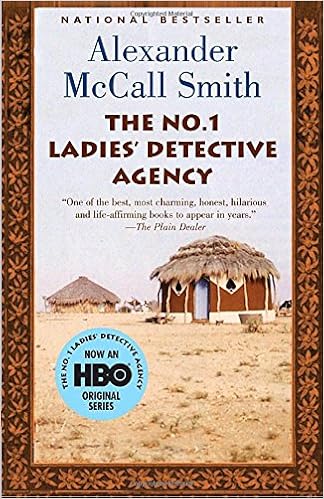 "New York" written by Edward Rutherford was a fascinating read, even for historical fiction. This genre can be tricky to write sometimes because authors will weigh heavy on history or heavy on fiction and the one or the other is left lacking. But I felt none of that, which is notable, because this book spans a whopping 400 years. Rutherford successfully mixes fictional and real characters to create a fantastic history of the city, making the city itself one of the most, captivating characters in the novel.
"New York" written by Edward Rutherford was a fascinating read, even for historical fiction. This genre can be tricky to write sometimes because authors will weigh heavy on history or heavy on fiction and the one or the other is left lacking. But I felt none of that, which is notable, because this book spans a whopping 400 years. Rutherford successfully mixes fictional and real characters to create a fantastic history of the city, making the city itself one of the most, captivating characters in the novel.Beginning in New Amsterdam, in 1664, we are introduced to Dirk vanDyck, a Dutchman and his relationship with the local indian tribes who originally inhabited the area. From there, we begin to follow the Master family and they live in the city of New York through all its history and happenings.
It covers a lot of ground and I guess if I had one complaint, it would be that I forgot sometimes where I was and who was who, who begat who and so forth. Sometimes I would think, "Man, that happened 100 years ago." And it did. The novel covers a lot of ground. When I decided to not let that bother me anymore, I became absorbed by the story of this family.
It was so interesting to read about the back and forth of politics in the early stages of America (before it was the United States) particularly with France, England and the New World. One of my favorite parts was the Revolutionary War. The complicated relationships between the federalists and loyalists, especially among family members was so interesting. I particularly loved the Master family throughout this portion of the novel. The family relationships were honest and gave me a perspective I had never really thought about before.
Beyond the revolutionary war, we read about slavery, the civil war, war draft riots, financial troubles, the great depression, hippie movements, immigrants and the list goes on. In fact, there is not much that is not mentioned. There were all sorts of tidbits about architecture, art, theater, finance, politics, weather. Although I'm sure I missed a lot because I know a lot, what I did catch was so interesting.
The fictional family is fun to read about. Their relationships are complicated and not always pretty. There are happy marriages as well as love affairs, undisciplined, disobedient children and honest, respectful relationships. I came to enjoy the family very much and was very interested in where history (their future) would lead them. Without that interest, the novel would have flopped.
The story ends on 9/11, when the twin towers fell. The more current parts of the novel seem to move more quickly to get to the end, and aren't quite as interesting as the previous parts. Maybe because I live in this world and I know what's coming. It is still a satisfying ending, though, with a great connection to the early chapters of the book. Overall, I came to admire and enjoy the Master family and would love to book a ticket for New York.
